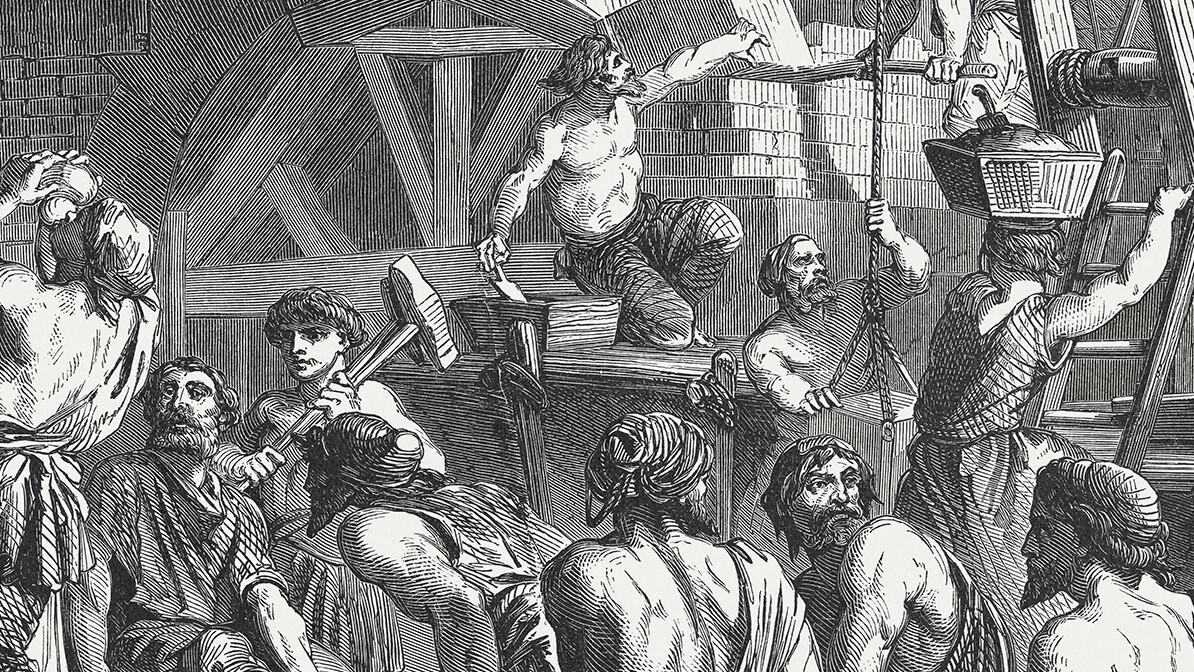Related Articles
Chased by God’s Blessings—How to Attract God’s Blessings and Walk in His Favor
The key to God’s amazing turnaround plan for you to walk in His favor in every area of life. Have…
Friendship with Jesus: Finding Joy in the Creator
True joy begins when we know Jesus not only as Savior, but as Creator—and learn to walk with Him in…
Finish Strong with a Kingdom Mindset
For if you keep silent at this time, relief and deliverance will rise for the Jews from another…
The Joy of Being His Workmanship
When life urges us to strive harder and do more, Scripture invites us to rest in a freeing truth:…
Next Steps To Strengthen Your Walk
Inspiration Today Newsletter
Supercharge your faith and ignite your spirit. Find hope in God’s word. Receive your Inspiration Today newsletter now!
Christian Articles
Find articles to strengthen your walk and grow your faith. We have a wide range of topics and authors for you.
Submit A Prayer Request
We are here for you. Simply click on the button below to reach us by form, email or phone. Together we will lift our hearts and voices with you in prayer.


 Excerpt from Tough Guys of the Bible: Learn the Traits of Courageous Men Who Truly Follow God by Paul Horrocks & Reverend David Horrocks
Excerpt from Tough Guys of the Bible: Learn the Traits of Courageous Men Who Truly Follow God by Paul Horrocks & Reverend David Horrocks



